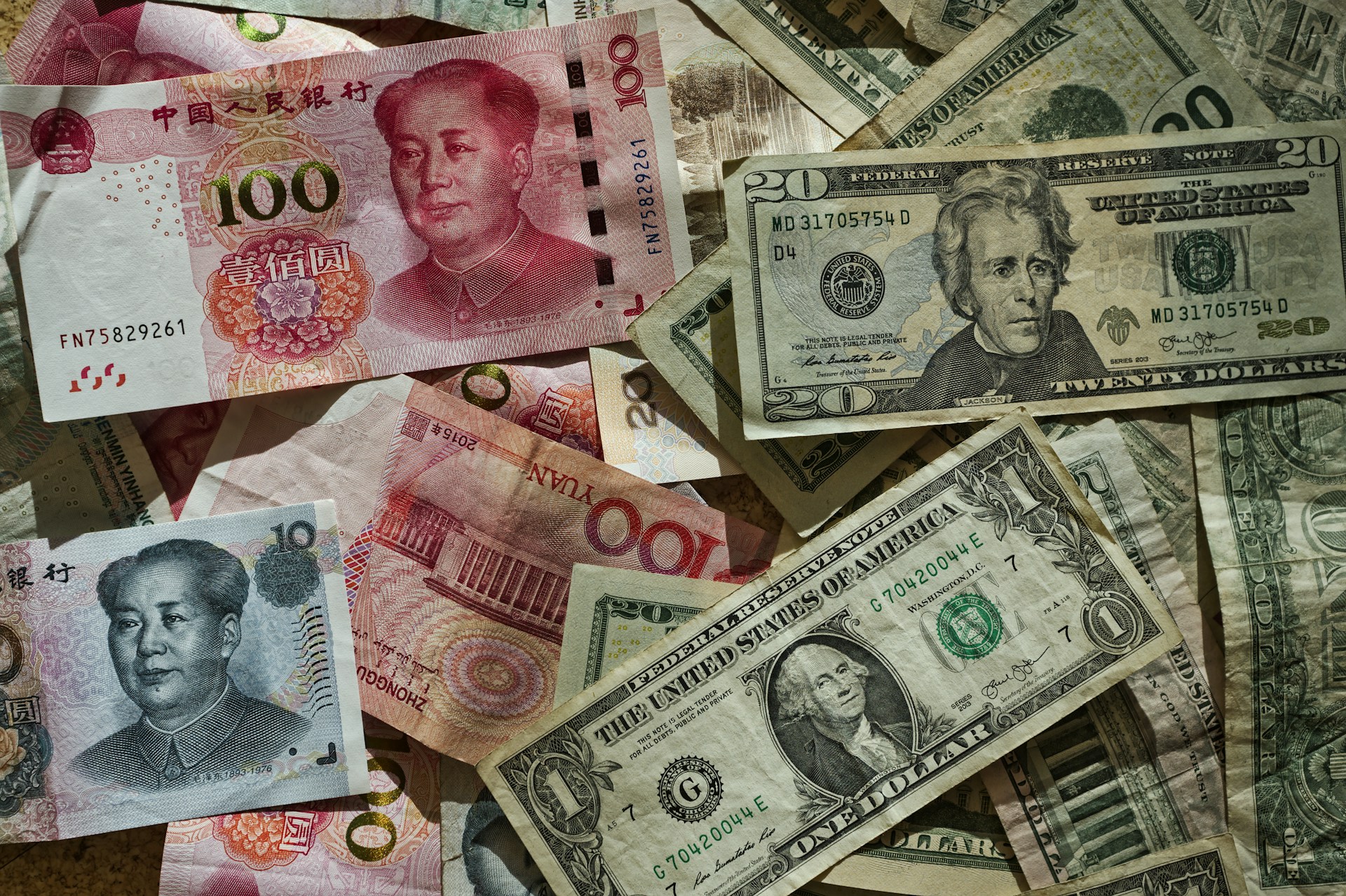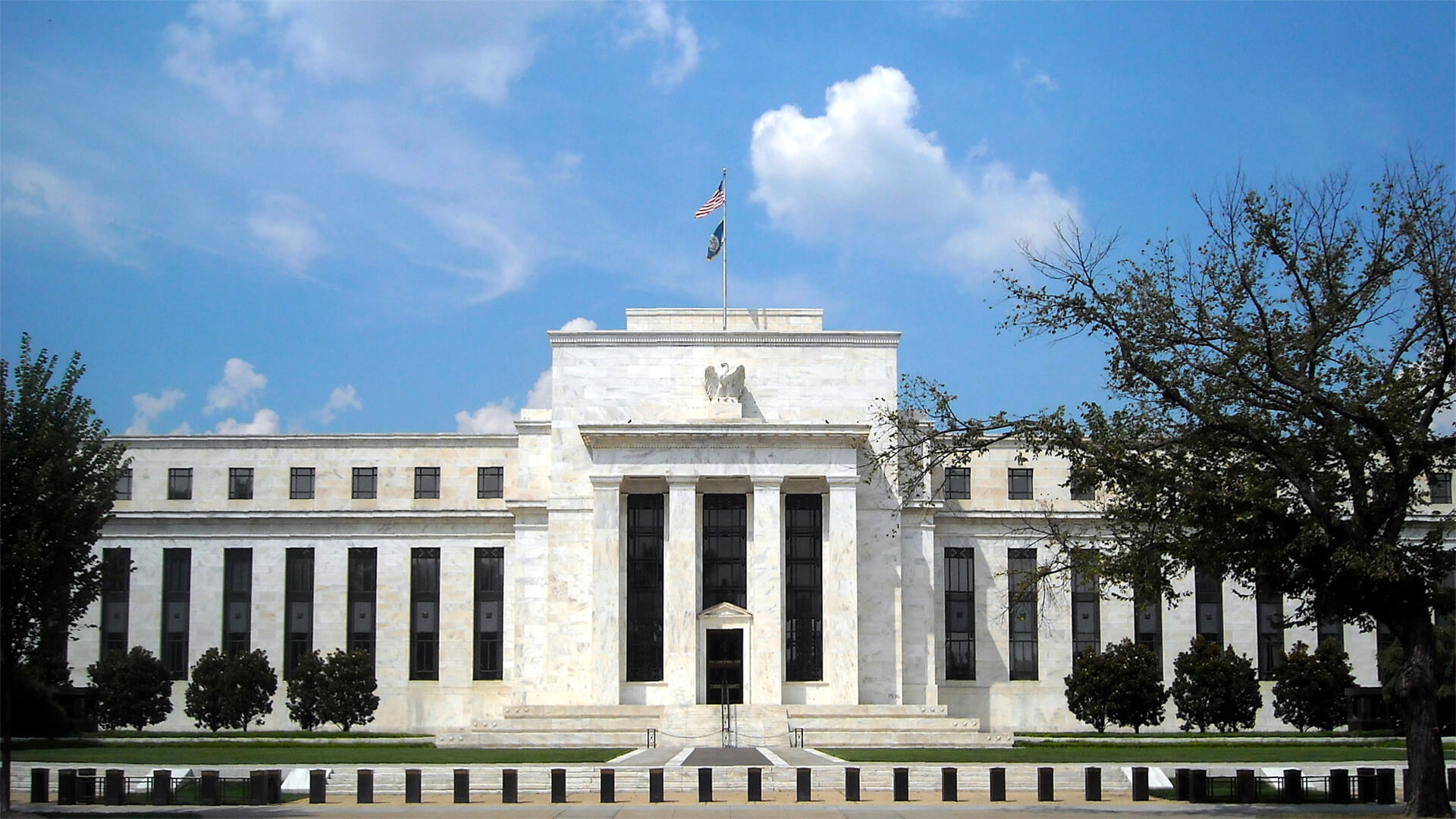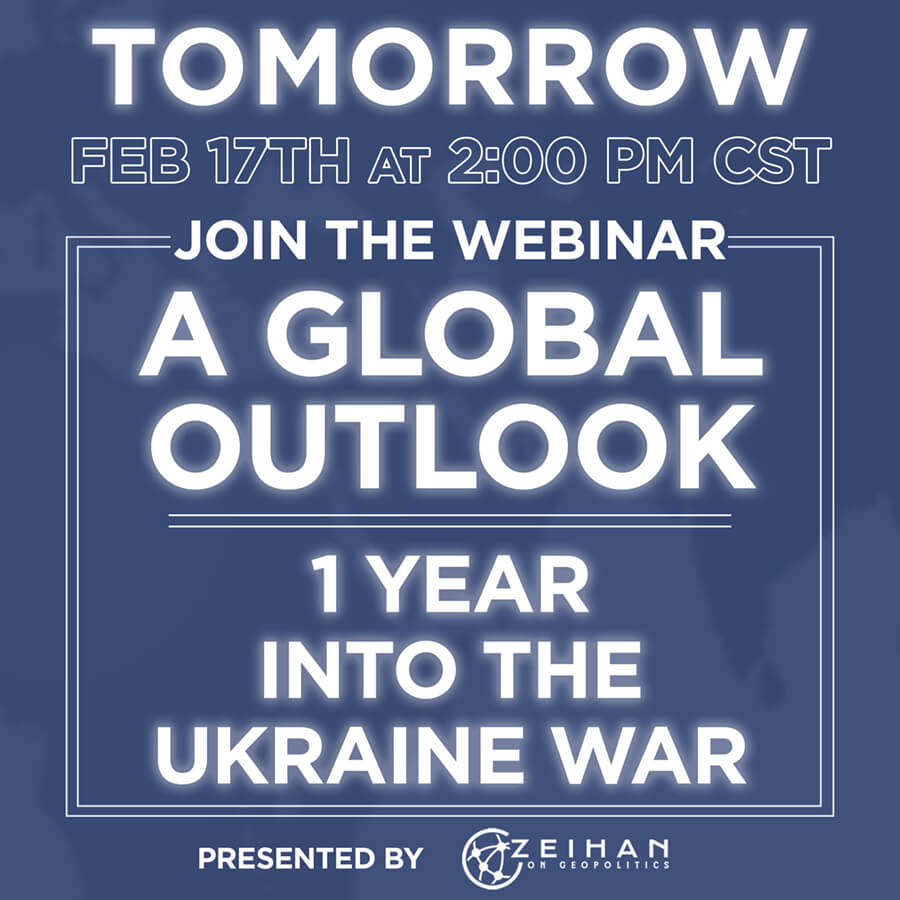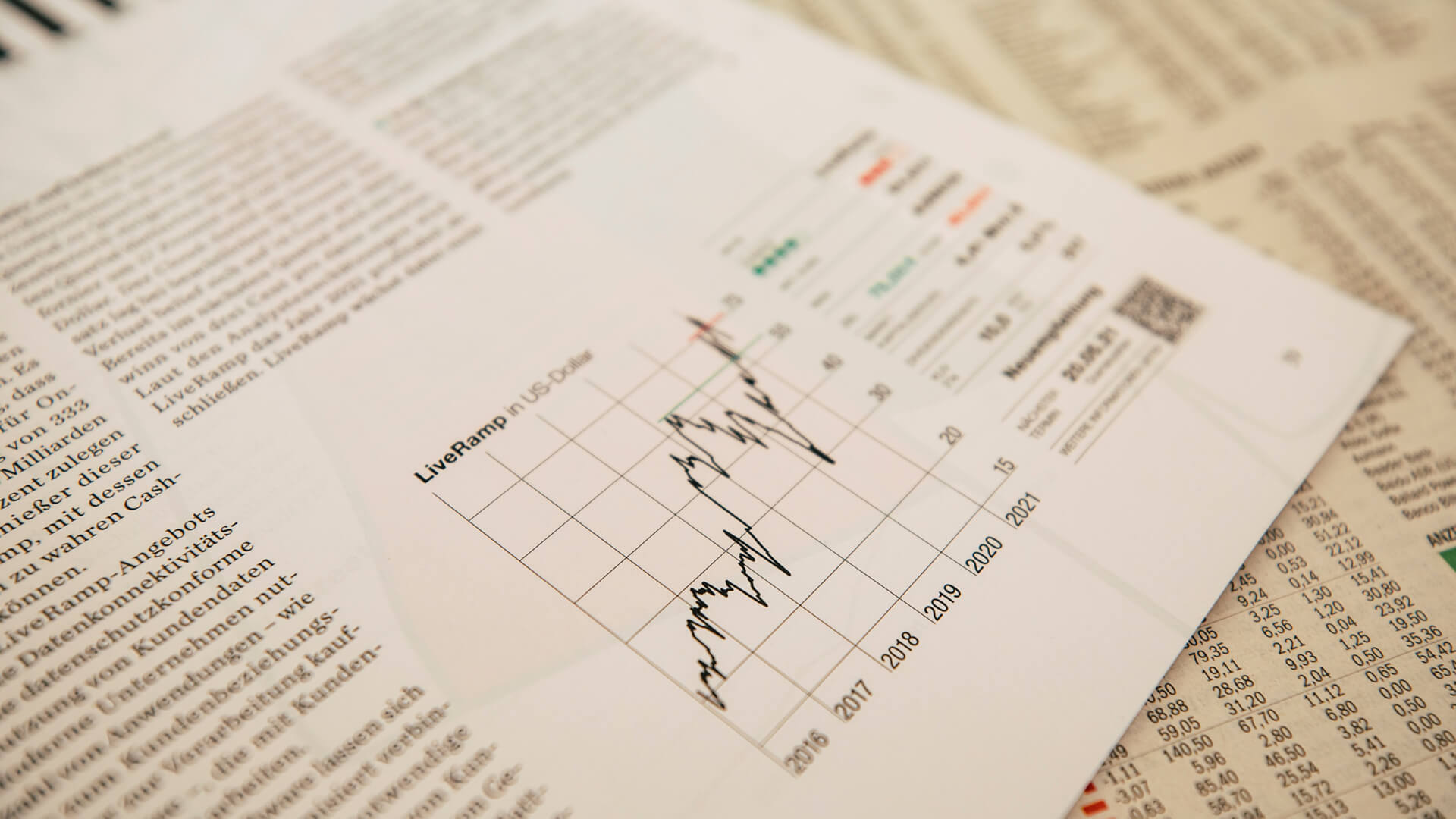The US has known that a capital crunch was inbound for decades now. With the Baby Boomers retiring and Trump’s trade policies hitting at the same time, these financial woes might sting a bit more than we thought.
The retirement of the Boomers was always going to cause a capital supply crunch; it’s just what happens when people retire and begin shifting their investments to safer things. So, the cost of capital was already on the rise. Now mix in Trump’s rapid-fire tariffs and aggressive foreign policies…and you magically begin losing capital inflows into the US, exacerbating the US capital problem.
Transcript
Hey all. Peter Zeihan here coming to you from Colorado. We are continuing our Firehose of Chaos series today about how various Trump administration policies are causing negative effects for the American economy. And today we are going to tackle finance. Now there’s a lot that’s going on in finance. On any given day, the bond market, the stock market, corporate bonds, municipals, blah, blah, blah, blah blah.
But the bottom line is that it’s ultimately an issue about the supply of capital. The more supply you have, the cheaper that capital is, the faster the economic growth is. And we even before Donald Trump got into office, we’re already facing an adjustment period. And the issue is retirement. When you retire you liquidate your savings. You go from stocks and bonds into T-bills and cash, because if there’s a market crash or a currency adjustment, you have lost out, you haven’t locked in your savings and you no longer have an income to recover.
So, for example, for those of us who are not retired, we’ve seen the markets drop by somewhere between 10 and 20% over the course of the last three weeks, and we are all feeling that, but we’re all young enough to continue to do contribute to our portfolio. So there’s hope that will emerge on the other side in a better position.
If you’re over 65, there is no hope because there is no income. So if you had not liquidated, you would be looking at a permanent loss in your portfolio. Even as you continue to draw income out of your savings, which would put you in destitution a few years down line. So if you’re a baby boomer and you hadn’t liquidated your savings already, you’re in trouble and you did everything you weren’t supposed to do.
Anyway, the issue for the economy writ large is the balance between the number of people who are turning 65 every year and the rest of us. So in the case of this current situation, the issue is the baby boomers, because the baby boomers, the largest generation we have ever had, are already two thirds moved into retirement and the remaining third are going to retire over the next 4 or 5 years.
As a rule, 70% of total global private capital originates with people who are doing this saving for retirement, people who are over age 55 but have not yet turned 65. Well now the number of people who are over age 65 is rapidly expanding, while the number of people age 55 to 65 is rapidly shrinking.
And that split has caused most of the movements in the credit market in the last few years. So I would argue that we’ve seen roughly a quadrupling of costs of credit writ large. I’m not talking about any specific credit product, but writ large over the last four years. And while there is a little bit of fed in there, there is a little bit of trump.
There is a little bit of Biden. It’s mostly just the baby boomers doing what you do when you retire. We expected this. We’ve anticipated this coming for 30 years. And really, no one got ready for it. Certainly not in government financing. But now we’re here and we’re living through it and we’re having to deal with it. So that’s that’s piece one that has nothing to do with the change of administration at all.
But the second piece does, we have now had 97 official tariff policies in the last 55 days, which is, you know, two orders of magnitude more than we normally get in that sort of time frame. And no one knows what the rules are. In addition, Donald Trump keeps changing his tune every day. It’s either we’re not going to be even going to have a memorandum of understanding with countries that we’re negotiating within six months, or we’re gonna have a finished trade deal in four weeks, both of which are kind of silly.
We’re not going to get any new manufacturers out of the plants for the first two years. Or maybe it’s going to be ten years. We’re going to have new tariffs on agriculture. Or maybe we’re not. We’re on drugs, or maybe we’re not, or in shipping or yes, we did, but then we didn’t. But then we decided to do port fees.
The point is that no one knows what the rules of the game are. So no one is doing anything to prepare for whatever the future is, because we don’t know what the future is going to look like in terms of industrial construction, to build the industrial plant that we’re going to need to live in a high tariff world that actually has gone to zero under Donald Trump, because no one knows what is going on.
On top of that, Trump keeps threatening other countries and not just with tariffs. He’s threatened to invade Canada, make it the 51st state. He’s threatened to invade Greenland, which is a NATO ally. He’s threatened to pull everything back from Ukraine, which is encouraging the Ukrainians, the Romanians, the poles, the Swedes, the Finns and the Germans to all get nuclear arsenals.
The bottom line is he’s shattering everything that worked and has yet to provide a vision or preparation for whatever might be next. And in that sort of environment, no one really trust the United States. Now the US dollar is the global currency. I don’t mean to suggest that that is in danger. And the US Federal Reserve stands ready to step in to save the government bond market, to prevent a run on the bonds, to prevent a financial catastrophe in this country, because that’s part of its job.
I don’t worry about those kind of headline disasters, but there’s a lot on the margin that is measured in trillions of dollars. In any given year. We have about $2 trillion of capital flight from the rest of the world to the United States. Now, that comes for its own reasons. And Europe, it’s because the countries of the eurozone are aging out, and you just can’t get a good return in Europe.
In China, it’s because you have an over financial situation system where capital is considered a political good and you can’t get a good return on it, and the government restricts where you can put your money. So people try to get their money out of these systems and into other systems. And while Canada looks great, it’s not enough. There is only one country that has the liquidity and the depth of capital markets to absorb this sort of capital flows, and that is only the United States.
And so this is where most of that cash goes, $2 trillion a year, and as we move into circumstances that are more problematic, Europe getting closer to its demographic cliff, China facing a trade war with the United States. Those flows can often increase. So, for example, at the height of the subprime crisis, after an initial shock, we were probably seeing three, $3.5 trillion of capital flight into the United States.
Now, this helps out the United States in any number of ways. It puts more strength into the real estate market. It keeps borrowing costs down for everybody, especially the federal government. But when you have the United States as the source of the geopolitical uncertainty, and when you have the white House is the single largest source of regulatory uncertainty in the United States, all of a sudden, putting things into US financial assets doesn’t look nearly as attractive.
And so what we’re seeing is some of that money is no longer coming and some it’s being reversed. So let’s go around the world real quick and see what that looks like. First of all, the Middle East, the Middle East has been desperate to build some sort of alternative financial system that doesn’t work on interest based functionality like the Western system does.
And that requires basically applying a degree of Sharia law to their financial sector and having their own financial systems to, at a minimum, serve as a bulwark and an intermediary between the Middle Eastern savers and the United States. They’ve been somewhat successful at that. And that has made places like Dubai to be pretty robust financial centers. But what we’re seeing now is the limits of that approach.
People are realizing that if you put your money into a middle eastern financial center that doesn’t allow interest, you don’t earn interest, and it’s starting to lose some of its shine. And so people are looking for other alternatives. On top of that, most of the oil Emirates in the Middle East, up to and including Saudi Arabia, have vastly overspent their income and simply don’t have money to send abroad at all.
So, for example, Donald Trump is trying to get Riyadh to invest a few hundred billion dollars in the U.S. and they don’t have the money to do it. They’ve wasted a lot of things on their own white elephant projects. They’re spending a lot more on social programs at home. There’s no money to send to the United States. So what used to be a relatively robust partner is going somewhere else or is shrinking in on itself.
And, you know, that’s several hundred billion dollars a year. Second is East Asia. Japan has been a big source of capital for the US for decades. China more recently, largely because both of these systems treat capital as a political good. I actually don’t think that this is going to change because the Japanese, the Chinese have known for a very long time that if you keep the money at home, it just can’t do very much.
The only reason we should expect countries like China and Japan to send less money to the United States is if they figure out that they can build industrial plant for their export industry somewhere else, and there aren’t a lot of good options. What? There are some options in Southeast Asia, but those are under U.S. tariffs as well. So we might see a little bit of weakening, but nothing compared to say what we’re going to have in the Middle East.
The big movement though is out of Europe. The Europeans have basically started to treat the United States like a security threat, because that’s exactly what the US under Donald Trump has evolved into. They realize they’re going to have to take their militaries in a completely different direction. They realize they’re going to fight on their own. For many of them, that means they have to have nuclear weapons.
And that means why, why, why, why would you ever send capital to the United States? So what? Until recently, and by recently, I mean January. It was about $1 trillion of capital flight from the eurozone to the United States. Every year has probably gone very close to zero, and in fact, is probably going in reverse as people liquidate their holdings.
Yeah, that all up. And we’re looking at capital flight into the US financial markets probably dropping by a little bit more than half. And if you put that on top of what’s happening with the baby boomers, it means capital costs are going up as well. And that’s before you consider that the US currency has dropped by about 10 to 15% in the time since.
All that adds up for significantly more expensive financing, regardless of who you are. If you’re the federal government and you’re issuing T-bills, you now have to pay more money. If you’re looking to buy a car, your car loan is now more expensive. If you want to refinance your mortgage, that goes up as well.
And it all adds up to slow economic growth across the entire American economic space.












